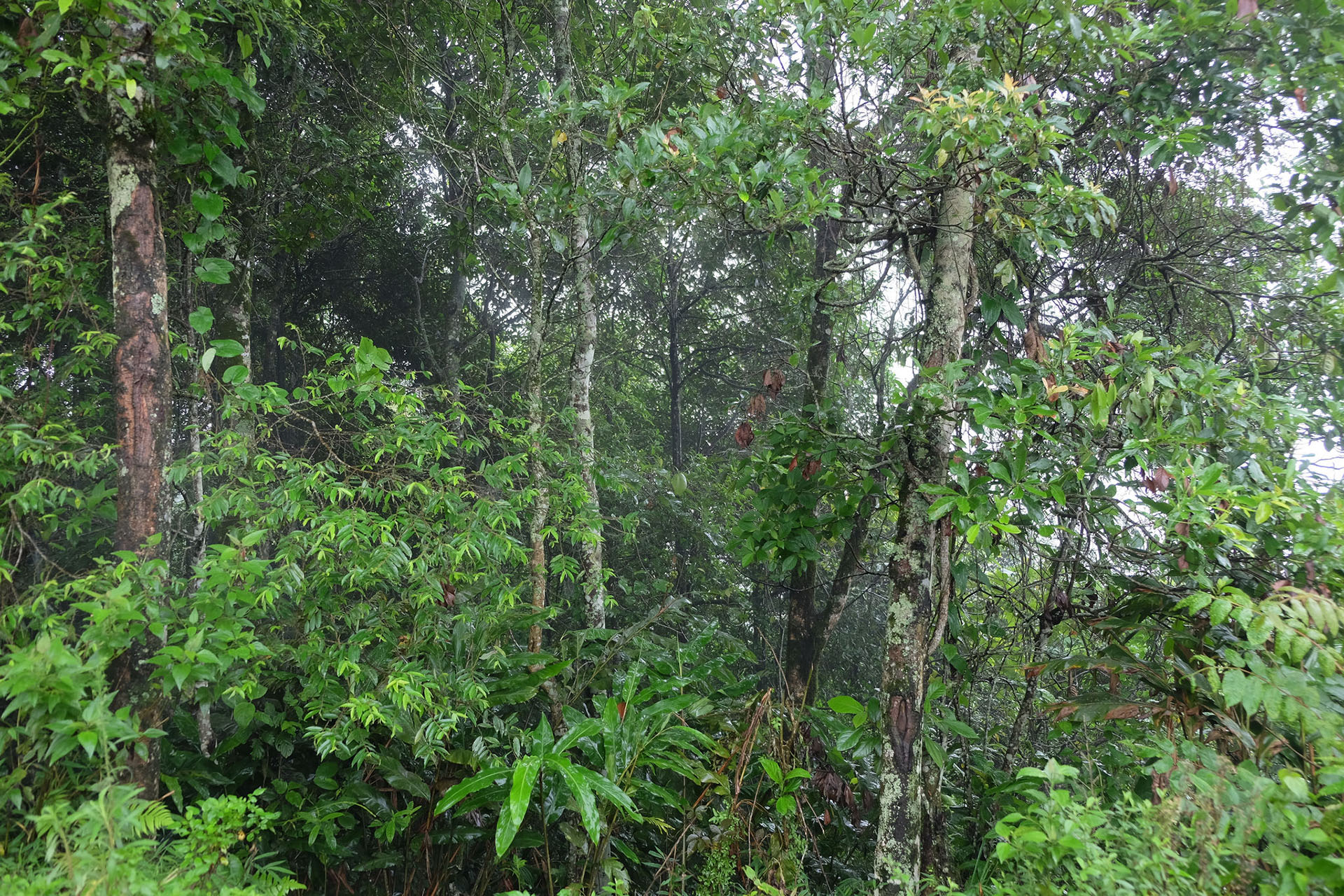A hotspot for tropical forests and biodiversity, the Lower Mekong Region (LMR) has become in the last decades a hotspot for deforestation. Between 1990-2015, the region lost about 4.7 million hectares of forest, as a result of logging, mining, and expansion of unsustainable agriculture and infrastructure. Increasing international demand for wood products and regional trade have been fueling illegal forest exploitation, while countries faced challenges in incentivising sustainable wood supply chains and effective forest governance.
Since March 2020, the UN-REDD Programme’s Sustainable Forest Trade in the Lower Mekong Region (SFT-LMR) initiative is working with national governments and regional and local partners across the five countries in the region to fight illegal forest products’ trade and develop systems that ensure legal, sustainable timber trade.
Identifying priorities for Lower Mekong countries in order to boost legal, sustainable trade in forest products and how they can cooperate has been central to the inception phase of SFT-LMR. To date, UN-REDD has organised national consultations in Lao PDR, Thailand, Viet Nam, and Myanmar, as well as a regional dialogue for country delegations and partner organizations. This online event brought together country delegations including forestry agencies, and partner organisations, including CITES, UNODC, ITTO and their Global Green Supply Chain (GGSC), RECOFTC, FSC, PEFC, CIFOR, WWF, and USAID; the Government of Norway as donor, alongside FAO and UNEP, the two UN-REDD agencies implementing the initiative.
Discussions revolved around timber trade and illegal logging trends in the region, forest certification and the role of the financial sector in promoting sustainable forest trade, and on recent developments in forest and land-use monitoring.
Information sharing, robust traceability, and more information on trade flows in the region were highlighted as crucial for the success of the project. Governments stepping up law enforcement and legal oversight were also identified as part of the solution. Although Lower Mekong countries have significantly increased their capacities in producing and analysing forest and trade data, the event stressed that there are many more opportunities to further improve data use and accessibility to support policies for sustainable forest trade.
On the other hand, discussions during national consultations focused on regional cooperation, improved governance and forest monitoring. Key priorities include:
-
Establishing protocols for bilateral collaboration on confiscated timber, cross-border fires etc., through Memorandums of Understanding between countries
-
Implementing communication campaigns targeting local communities
-
Exchanges on FLEGT VPA processes and experiences
-
Identifying gaps in national forest and trade datasets
-
Facilitating CITES e-permits and licensing
-
Raising awareness towards regionally harmonized certification
-
Leveraging national and regional partnerships for forestry cooperation
-
Creating enabling environments that ensure smallholders are engaged in sustainable supply chains and forest certification
-
Addressing the gaps in data and data management systems in forestry and forestry trade sector
-
Developing database for managing forestry violations
-
Developing programmes for near-real time forest monitoring
-
Assessing community-based forest management models, identify barriers for land or forest tenure and their impacts on supply chains
-
Reviewing sustainable forest production models for livelihood security
-
Boosting communication and capacity-building for public and private forest enterprises
With the inception phase completed, the project is focusing on delivering several ambitious outputs by the end of the year, including a prototype for near-real time monitoring, and national communications strategies to raise awareness about illegal logging.
Learn more about the SFT-LMR initiative at: https://www.un-redd.org/lower-mekong
